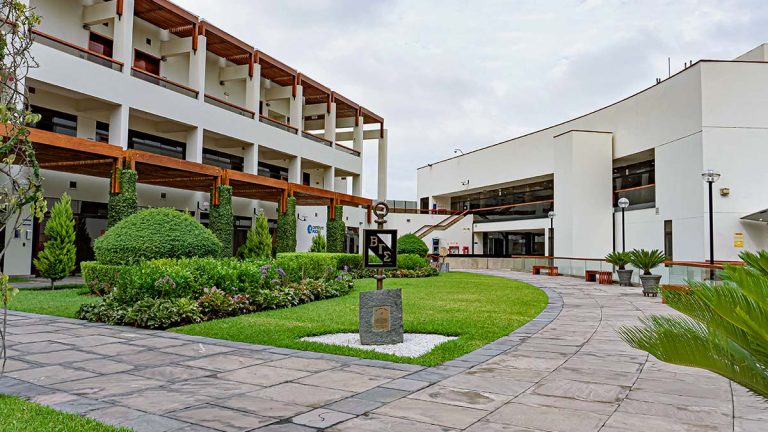Abstract
Purpose
The purpose of this study focused on a global longitudinal bibliometric mapping of research in the field of health biotechnology between 1990 and 2023 to determine who is leading this field of knowledge and to estimate the sub-disciplines that are emerging and project those that will prevail in the future.
Design/methodology/approach
The study identified the most relevant countries, institutions and researchers, as well as the type of scientific collaborations. The applied steps applied in the study were the following: identification and selection of keyword terms by a panel of experts; design and application of an algorithm to identify these selected keywords in titles, abstracts and keywords using Web of Science terms to contrast them; performance of JCR data processing during 2023 using R, Python and VOSviewer.
Findings
Among the most relevant conclusions of the study are the following exponential growth has been observed in the study period; new branches of knowledge have emerged in which the subjects have been acquiring their own autonomous capabilities; and R&D in this field is still concentrated in a small group of core countries, and the trend is for it to remain so due to the capacity needs required.
Originality/value
This contribution seeks to systematize the existing scientific knowledge in the field of biotechnology, specifically in the area of health, using the technique of scientific mapping based on a logical model of indicators that aims to determine potential thematic ramifications.
Acknowledgements
Conflict of interest statement: We, the authors, declare that we have seen and approved the manuscript and its contents, and are aware of the responsibilities related to authorship. We also declare that there is no conflict of interest and that we did not receive funding of any nature. We have also not used any artificial intelligence chat. This study uses bibliometric techniques and does not have information corresponding to humans and/or animals.



